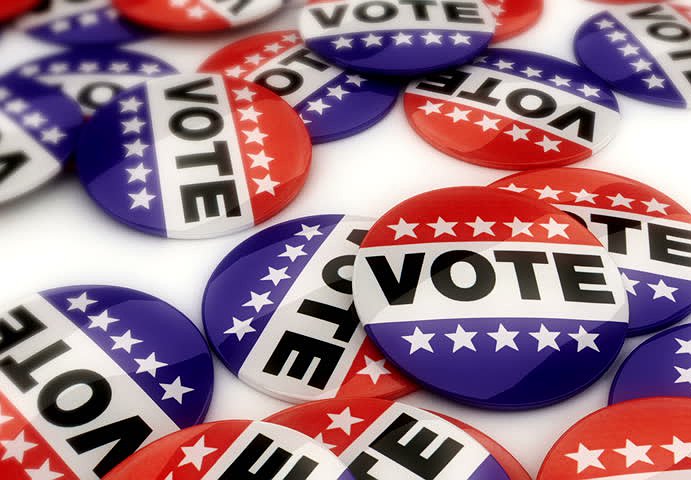
Candidates spend millions running political advertising. Are they wasting their time or do these campaigns actually persuade people?
A new study looked into this question by measuring the impact of 49 high-profile advertisements from the 2016 US presidential campaign on a nationally representative sample of 34,000 people through a series of 59 randomized experiments.
Previous studies have suggested that political ads have little impact on voters’ preferences, so was this any different?
Study: The small effects of political advertising are small regardless of context, message, sender, or receiver: Evidence from 59 real-time randomized experiments
Published in Science Advances on Sept 2, 2020, the lead author was Yale political scientist Alexander Coppock.
It confirmed previous research – regardless of content, context, or audience, those pricey political commercials do little to persuade voters.
What new insights does this study reveal?
The study shows that those weak effects are consistent irrespective of a number of factors, including an ad’s tone, timing, and its audience’s partisanship.
Lead Author Alexander Coppock, explains …
“There’s an idea that a really good ad, or one delivered in just the right context to a targeted audience, can influence voters, but we found that political ads have consistently small persuasive effects across a range of characteristics,”
“Positive ads work no better than attack ads. Republicans, Democrats, and independents respond to ads similarly. Ads aired in battleground states aren’t substantially more effective than those broadcast in non-swing states.”
How did they work this out, what exactly did they do?
Coppock and his co-authors — University of California-San Diego political scientist Seth J. Hill and UCLA political scientist Lynn Vavreck — conducted the study throughout the 2016 presidential primaries and general election.
Over 29 weeks, a representative sample of Americans was divided at random into groups and assigned to watch campaign advertisements or a placebo advertisement — a car-insurance commercial — before answering a short survey.
The researchers selected ads using real-time, ad-buy data and news coverage of each week’s most important ads. They tested ads attacking or promoting Republican candidate Donald Trump and Democratic candidate Hillary Clinton as well as commercials concerning primary candidates, such as Republican Ted Cruz and Democrat Bernie Sanders. They analyzed the ads’ effects on survey respondents across several variables, including the candidate, party, or political action committee that sponsored them; whether they were positive or negative in tone; the partisanship of those viewing the ads; the time to Election Day when they aired; whether they were viewed in a battleground state or not; and whether they aired during the primary or general election.
Measured Impact
They found that, on average and across all variables, the ads moved a candidate’s favorability rating among respondents only .05 of a point on the survey’s five-point scale, which is small but statistically significant given the study’s large size, note the researchers.
The ads’ effect on whom individuals intended to vote for was smaller still — a statistically insignificant 0.007 of a percentage point.
Is political advertising a complete waste of time and effort?
The findings do not demonstrate that political advertising is always ineffective, Coppock said, noting that the study didn’t analyze the influence of an entire advertising campaign.
Coppock, a resident fellow at Yale’s Institution for Social Policy Studies and the Center for the Study of American Politics sums it up as follows …
“TV ads help candidates increase their name recognition among the public, which is extremely important, Moreover, the effects we demonstrated were small but detectable and could make the difference between winning and losing a close election.”
To quote the study itself …
“Despite these small effects, campaign advertising may still play a large role in election outcomes.” …
“marginal effect of advertising is small but detectable; thus, candidates and campaigns may not be wrong to allocate scarce resources to television advertising because, in a close election, these small effects could be the difference between winning and losing.”
(This posting was sourced from materials provided by Yale University.)
You can find the full Open Access Study within Science Advances here. (It is Open Access)
